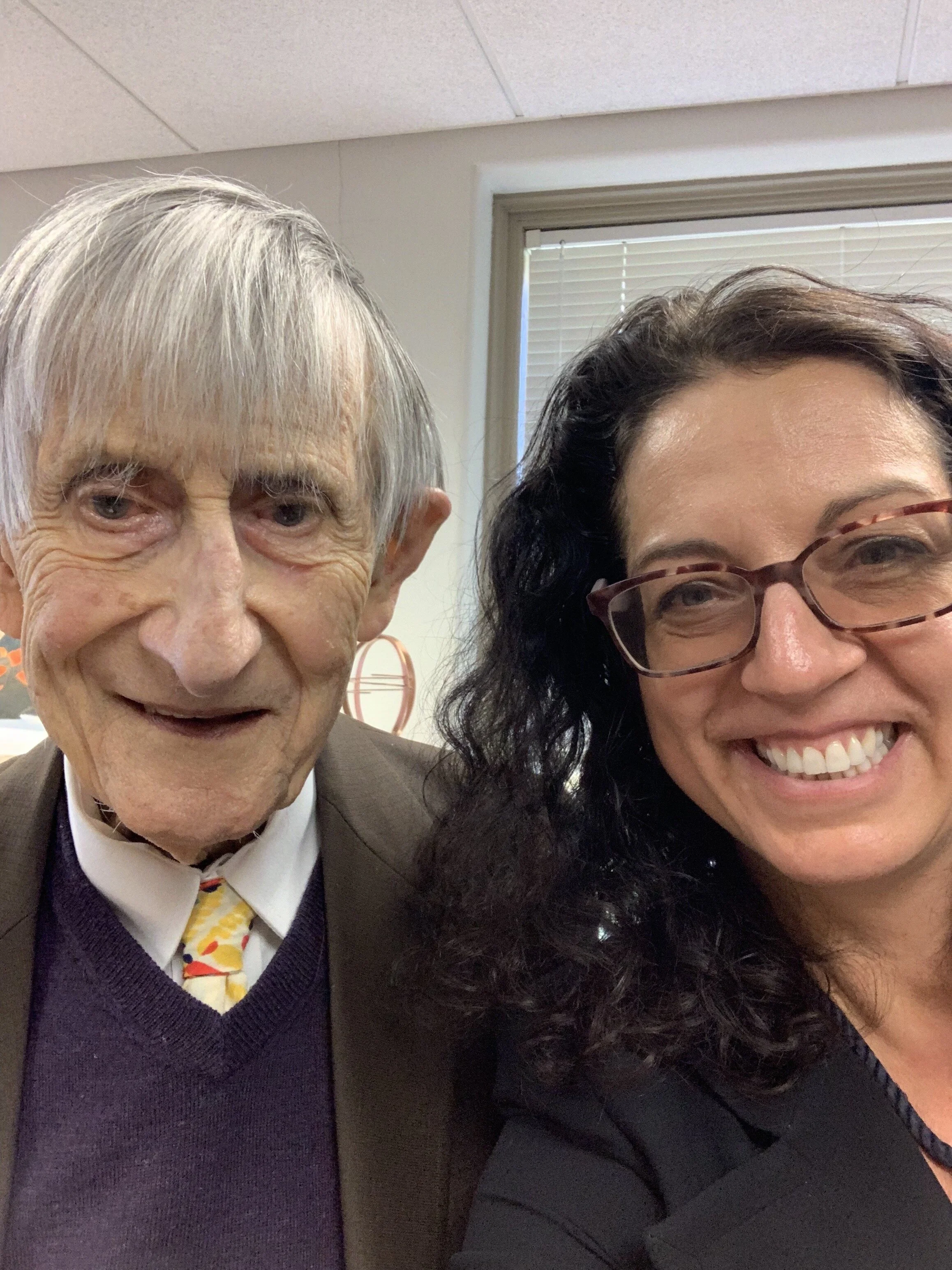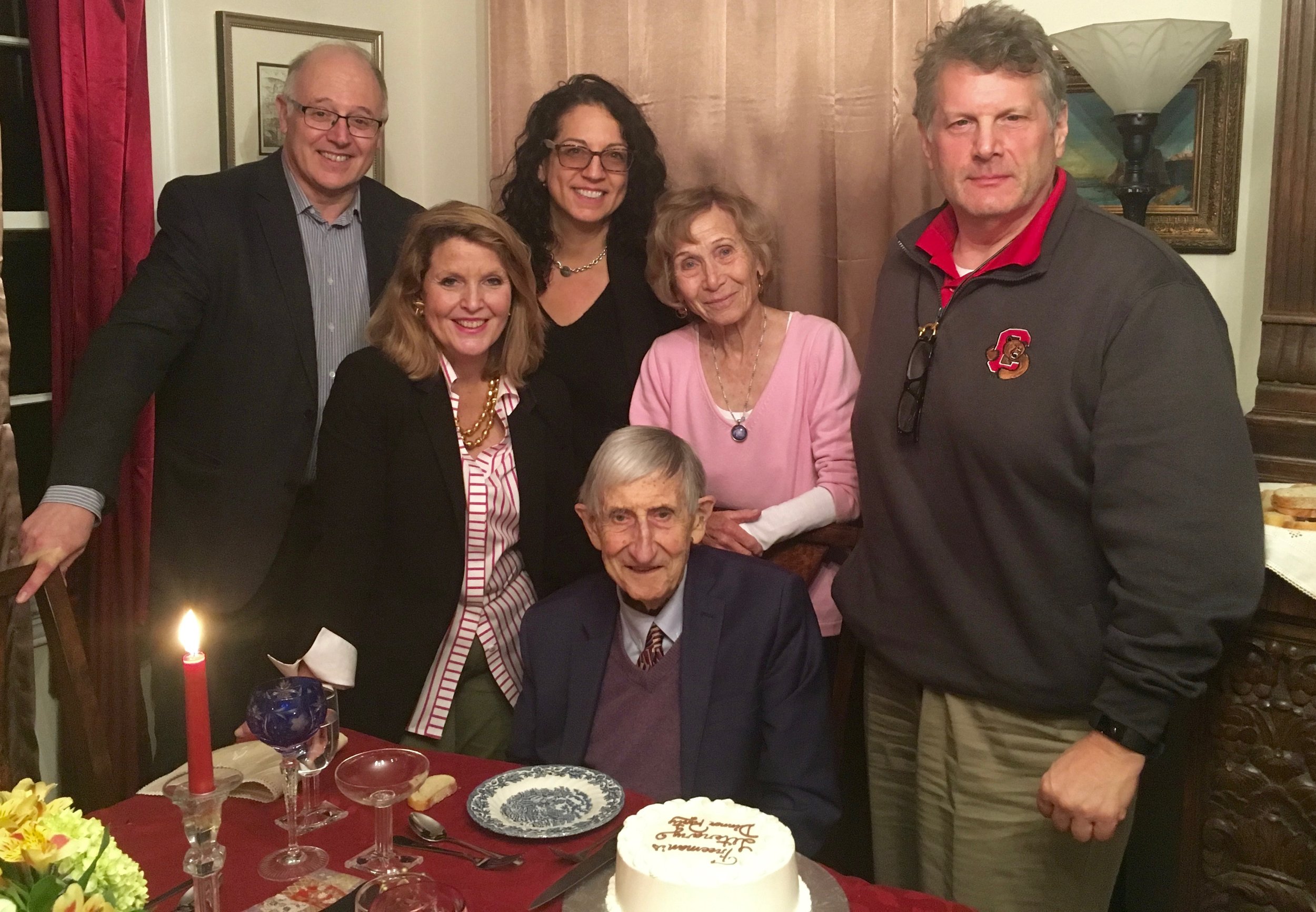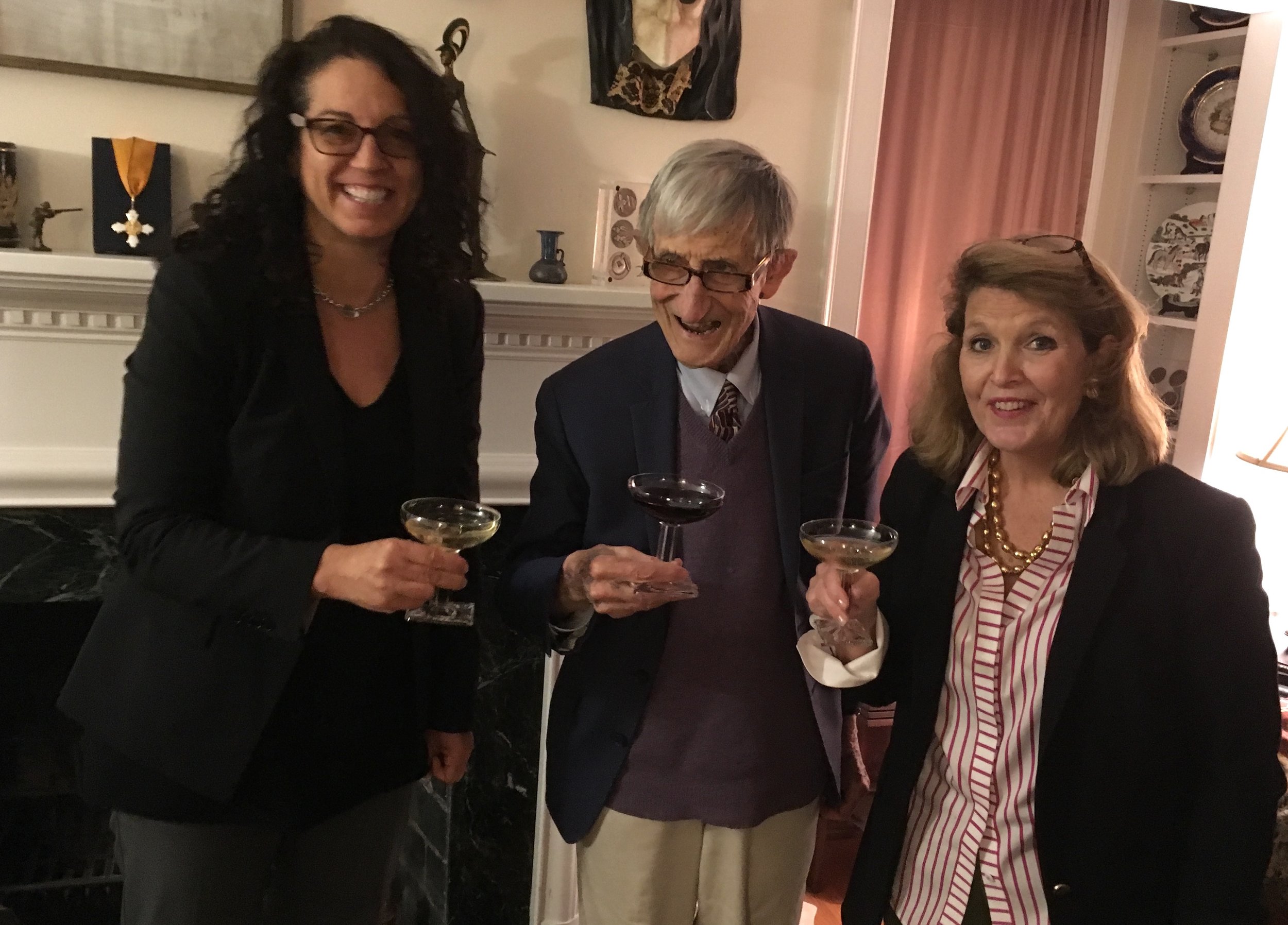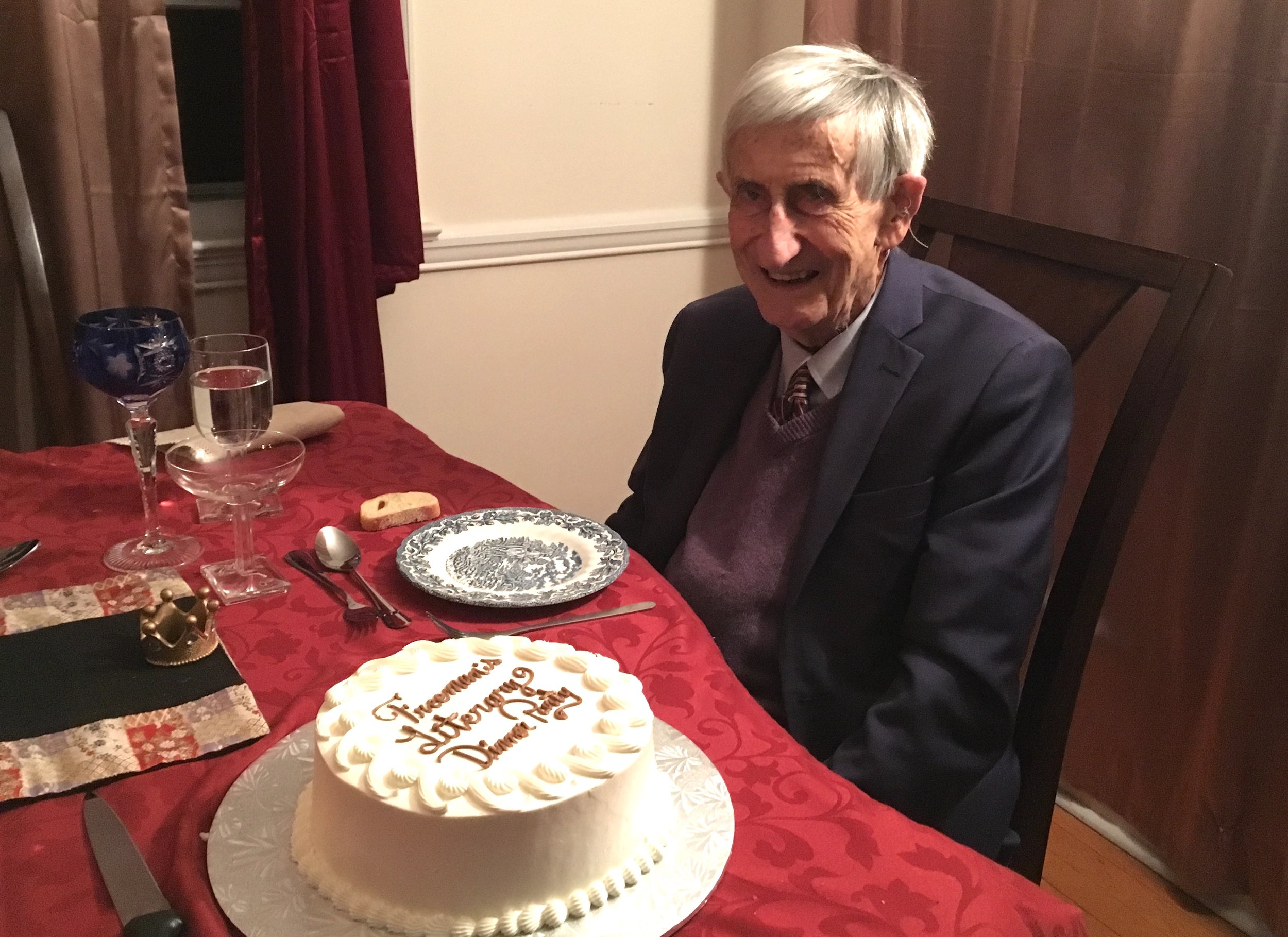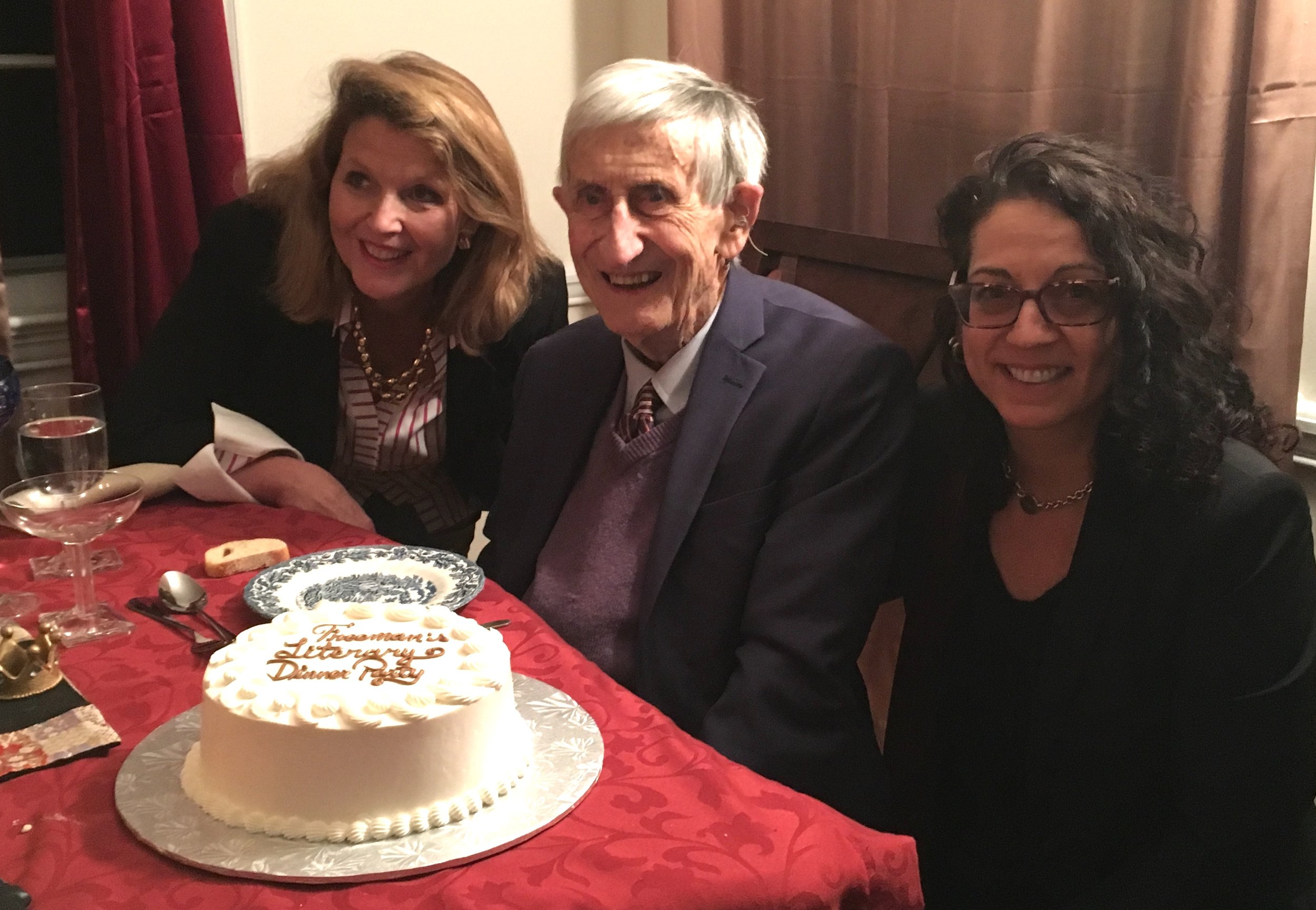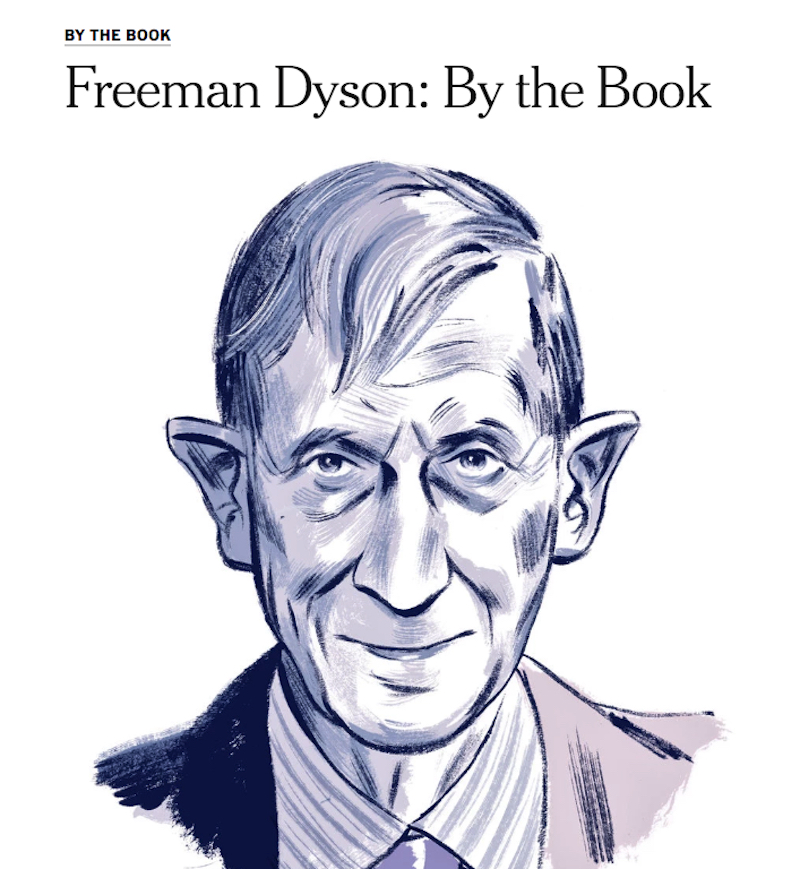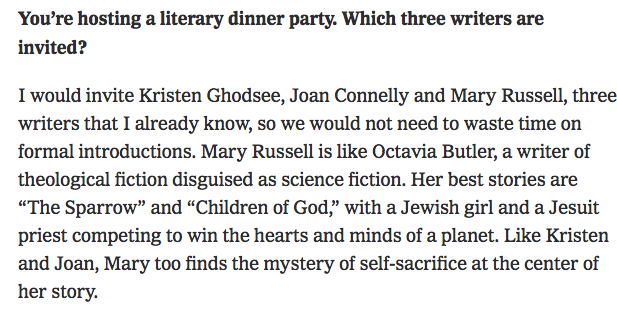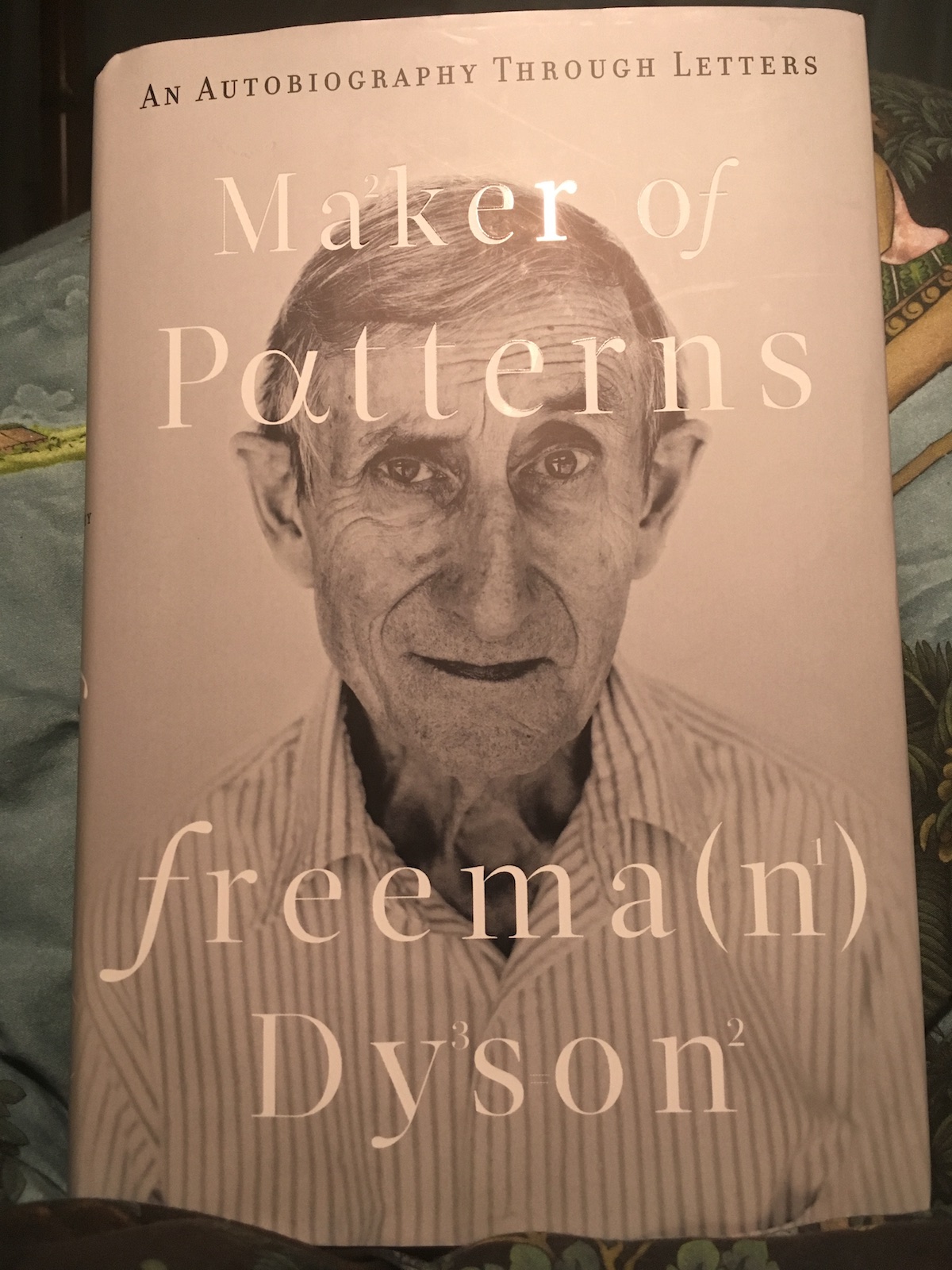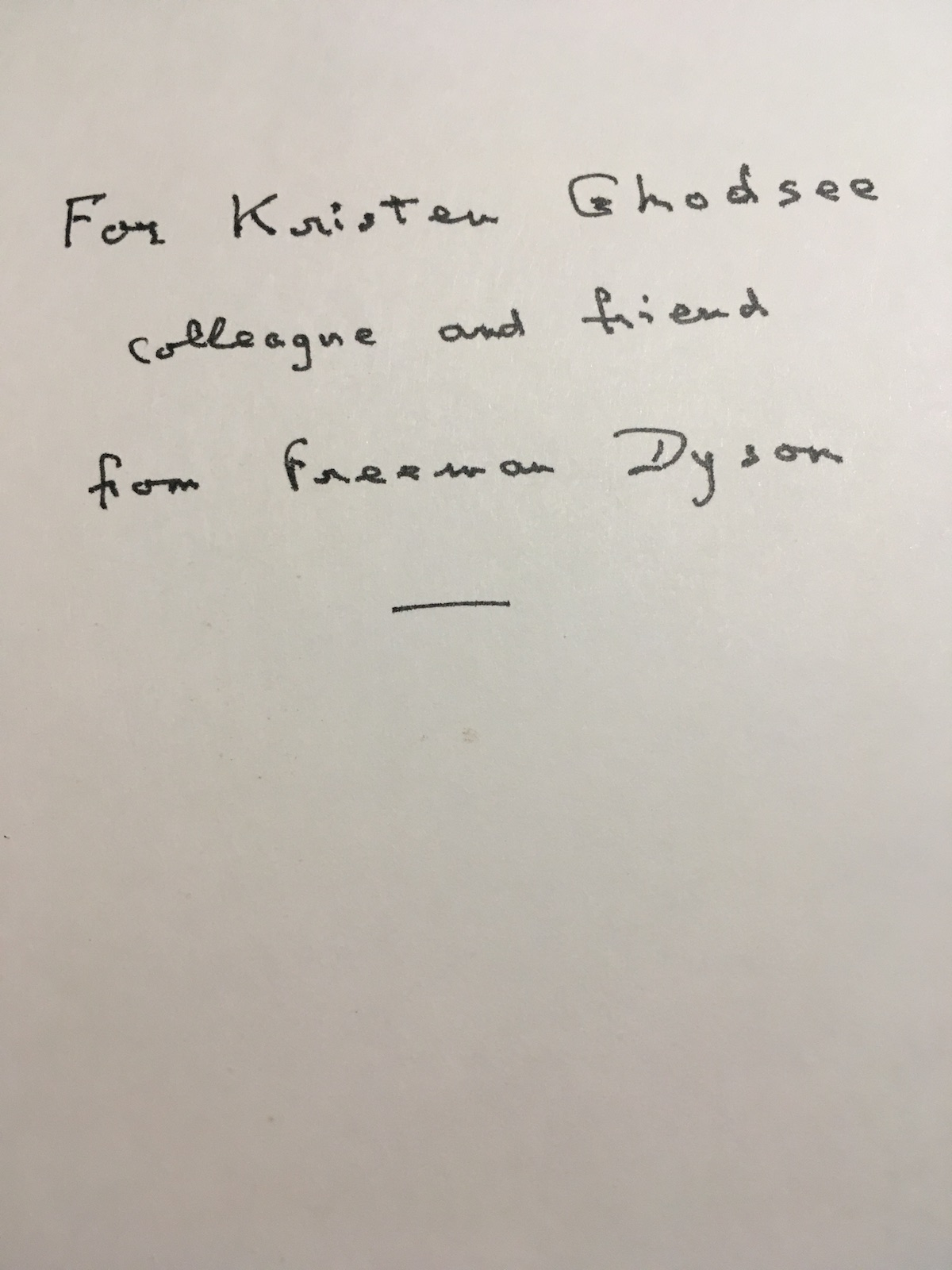It’s been four years, and he is still very much missed. My last photo with him in November 2019.
Dyson Obituary reprinted in India's The Wire →
Nice to see that this one is making its way around the world
My obituary for Freeman Dyson →
Today would have been Dyson’s birthday, and I miss him so much. My reflections are here.
From Freeman: On Optimism
Dear Kristen,
It is midnight, so this will be a brief answer.
Frank and Elena and I have the advantage of having grown up in
the 1930s. If you grew up in the 1930s it is glaringly obvious that the world is
better now than it was then, and you cannot help being an optimist. The
troubles of today are real, but nothing like as pervasive and threatening
as the troubles of the 1930s. We should give humanity credit for some
amazing achievements in the last eighty years, conversion of Japan and
Germany from militaristic to pacifistic cultures, liberation of Africa and
Asia from colonial rule, drastic reduction of birthrates and improvement
of agriculture leading to better nutrition and public health for the
majority of people, rise of India and China from abject poverty to wealth
and prosperity, increase of freedom and respect for law in much of the world. The
disasters and failures that loom so large in your view of the world today
are quite small when you compare them with the injustices and miseries of
the past.
Good night and happy dreams, yours ever, Freeman.
A most terrible loss: my dear friend and mentor, Freeman Dyson
Freeman Dyson and Kristen Ghodsee in 2011
Freeman Dyson and Kristen Ghodsee in October 2016
Kristen Ghodsee with Freeman Dyson in March 2019
My last meeting with Freeman on November 3, 2019
Literary Dinner Party
Back on April 16, 2015, the New York Times Book review did a “By the Book” segment with Freeman Dyson. In the interview, he was asked what his ideal literary dinner party would be, and he included NYU’s Joan Connelly and me in his guest list (which also included Mary Russell). Well, this weekend in Princeton, Joan and I managed to have two thirds of this party together with Professor Dyson and his wonderful wife Imme and two other renowned historians from the Institute for Advanced Study. It was a truly amazing evening.
Lunch at the Institute for Advanced Study
I drove up to the Institute for Advanced Study in Princeton today to have lunch with Freeman Dyson after finishing his new book, Maker of Patterns. I tore through the book in one day, and enjoyed it immensely. Dyson narrates his life through a collection of letters he wrote home to his parents and later to his sister Alice. It is a remarkable jaunt through the second half of the 20th century – both personally and politically – and it is a real literary triumph. If anyone wants a good summer read, I highly recommend this book. At 94, Dyson is still a formidable force and a wonderful conversationalist.








